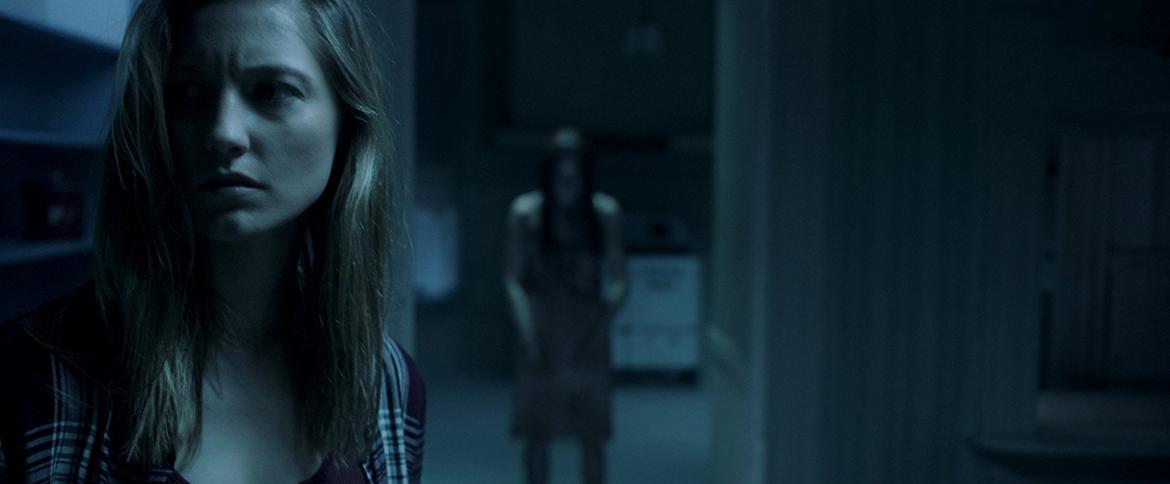
Insidious: The Last Key (Movie Review)
I feel guilty writing that I was disappointed with Insidious: The Last Key. Here I was hoping that it was the last movie in the follow up to the only good idea Insidious: Chapter 2 established: dead ghost hunter Lin Shaye finally conquering the Further! Granted, expecting much from a series that has monetized haphazard retcons, and disingenuous jump scares begs the question, "how does Leigh Whannell keep pumping these things out, and why do we keep paying for them"? Is it the glossy filters that James Wan brought to the original, or Lin Shaye’s older sensibilities that foster audience attention?
After the death of her mother, and years of suffering under the torment of her father for her supernatural abilities, a young Elise Rainier (Shaye) abandons her childhood home in Five Keys (get it?!?), New Mexico, searching for acceptance elsewhere. Years later, and still suffering from the events in Chapter 3, Rainier fears that her death is near. Nevertheless, she takes a job from a frightened Ted Garza (Josh Stewart) who claims that ghosts are tormenting his current abode. Rainier is drawn to the case, as it is not only her old home, but she believes that a supernatural presence resided over the house during her childhood years. While the Garza case begins to unfold, one that is equally mystifying and disturbing for Rainier, it unveils an even darker secret hidden within the walls of the house that ultimately leads the Insidious narrative full circle.
While Chapter 2 was a significant step down from an already uneven predecessor, and Chapter 3 landed in theaters without much notice, The Last Key makes its presence known as the clunkiest of the bunch. It’s as if Lin Shaye tripped down the stairs in the dimly lit soundstages on which Insidious largely takes place. Shaye stumbles to and fro between scenes with cheap dialogue, encountering jump scares as subtly planted as the film’s overwhelming need to announce itself as a message about violence against women. Calling The Last Key horror’s response to the #MeToo campaign, replete a symbolic rape scene where a woman is silenced, is egregiously false and scoffs in the face of sexual assault survivors. The Last Key wants you to believe it cares about women, but when ghost-hunting sidekicks Tucker (Angus Sampson) and Specs (Leigh Whannell) make predatory jokes about and in front of women for most of the film, it’s hard to believe there was any sincerity intended in the film’s “political” styling.
It’s high time The Last Key faces judgment for what the entire Insidious series has been, which is a concoction of sophomoric efforts aimed to elicit the most scares using the cheapest methods possible. Lack of ingenuity has catapulted Lin Shaye into the horror stratosphere. The Last Key gulps for air as it comes out of its dreary 103 minute running time without a cohesive third act, and most offensively, a final battle devoid of dramatic tension. The Last Key’s saving grace, but by no means a compliment, are the copious plot holes that litter nearly every scene, offering even the least creative of viewers the chance to modify the plot in order to keep their interest on the screen. And more than likely, their versions work better than what Whannell has conjured up.
If you choose to return to this offshoot of the Waniverse, back into the arms of Elise Rainier for another romp through the Further, be warned. The Last Key promises that Rainier will have to delve deeper into the Further, and the 25% increase in box office profits (up from Chapter 3’s slump) suggests the travel may be worthwhile. But don’t let the numbers fool you: The Last Key holds no greater mysteries to be solved, especially when it’s not even interested in exploring its own lore in novel ways.

